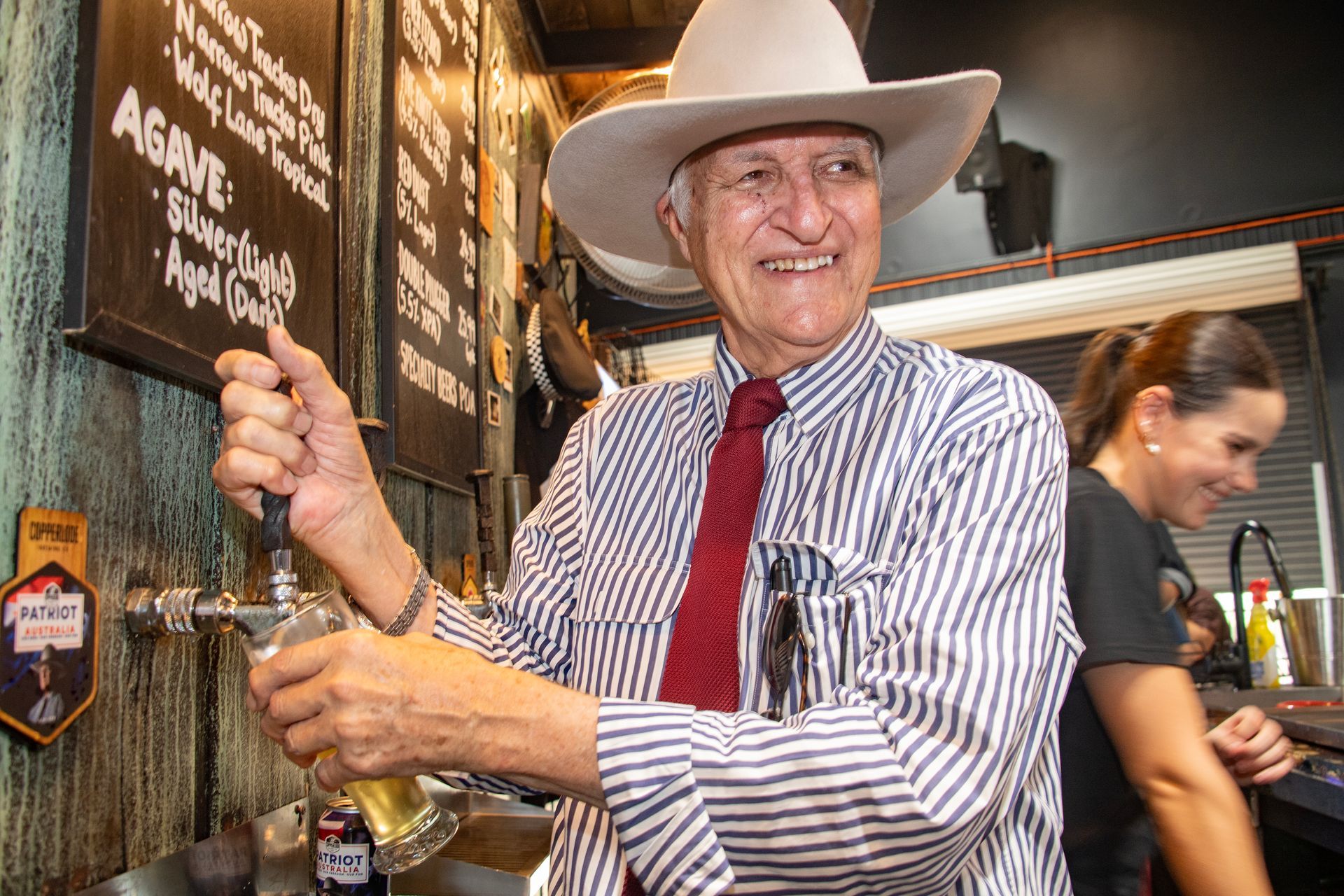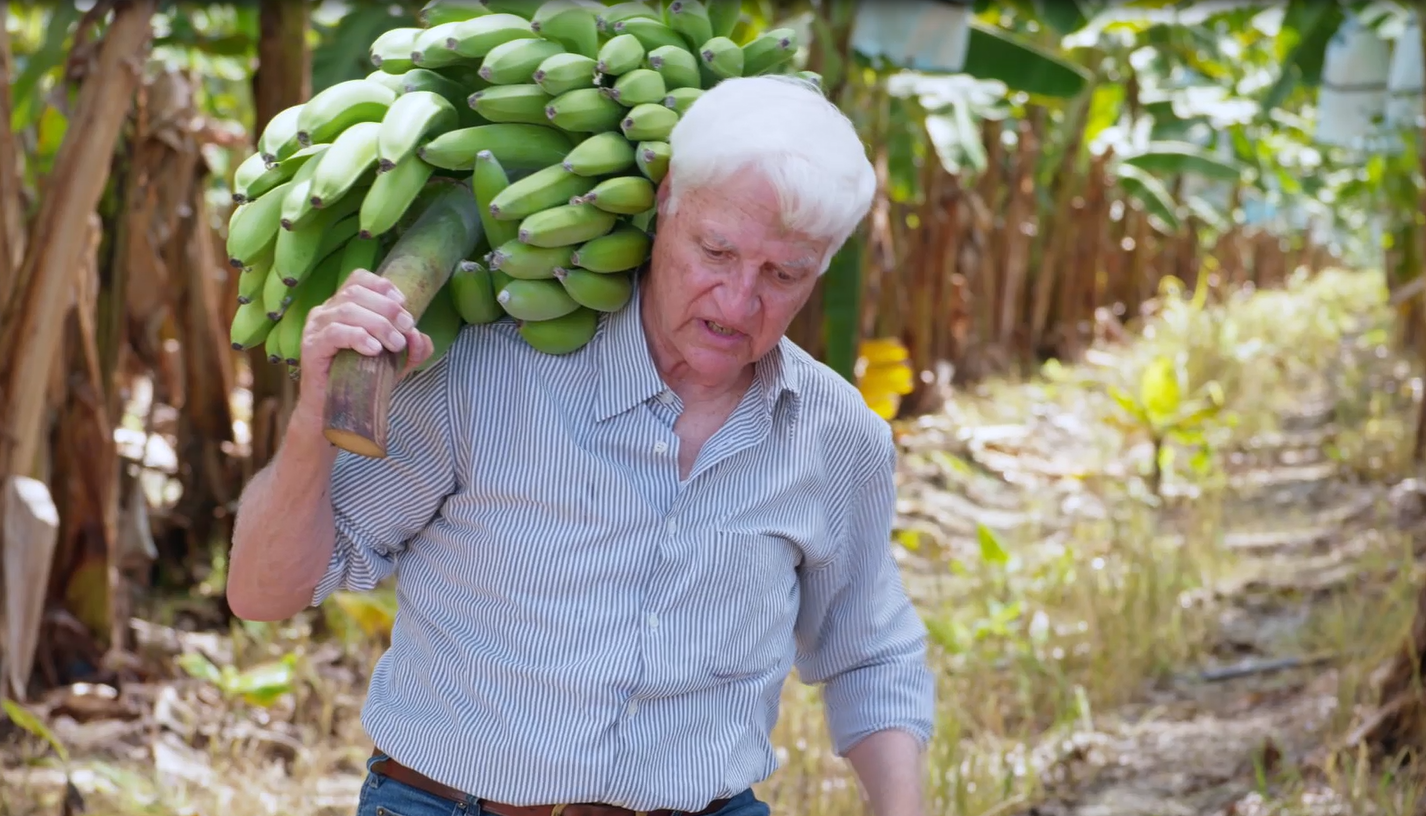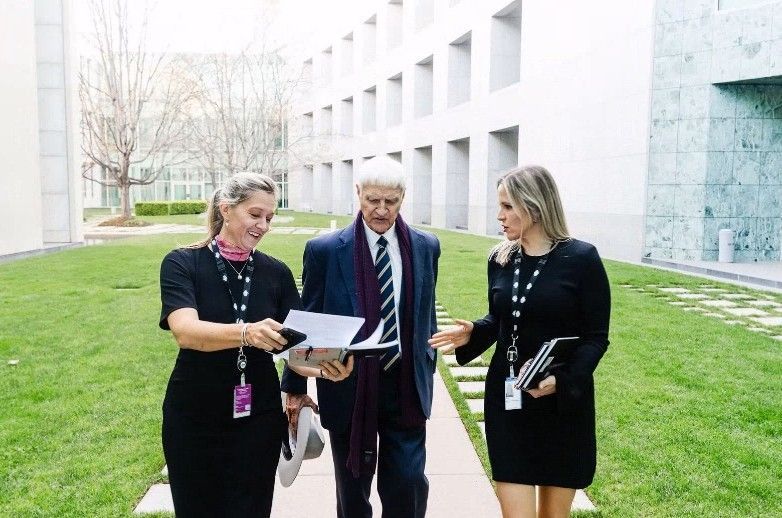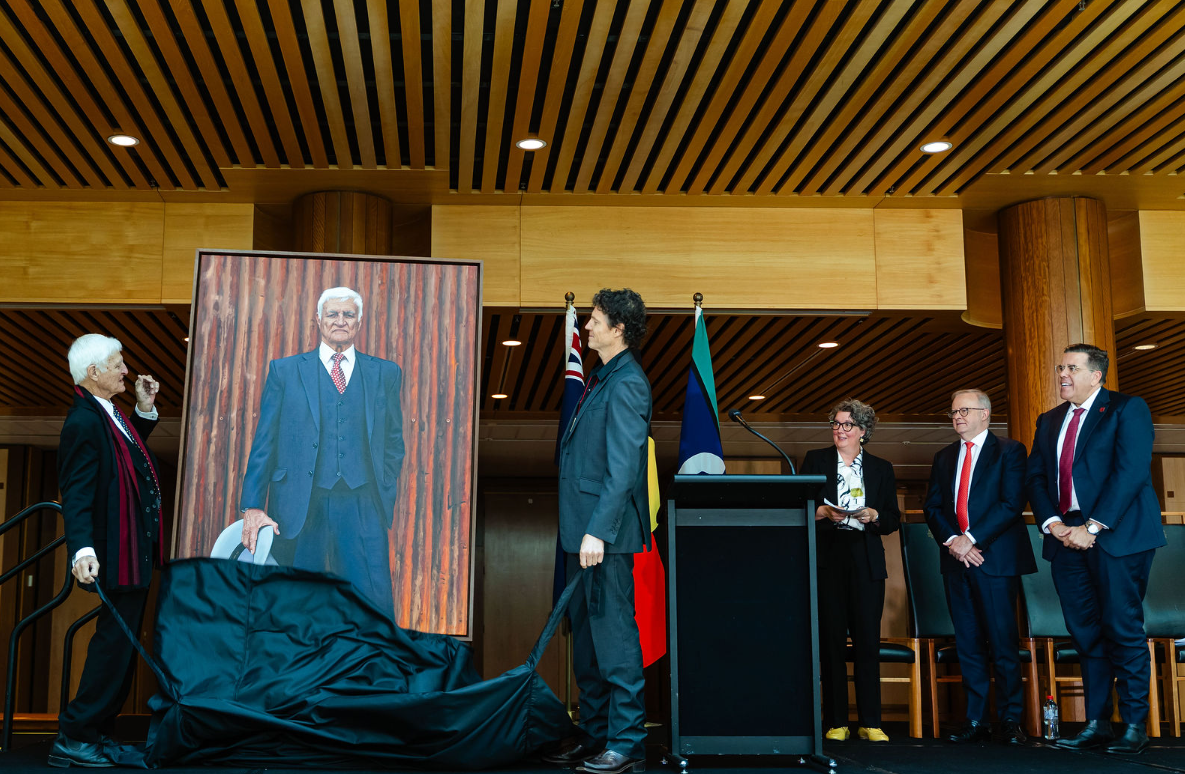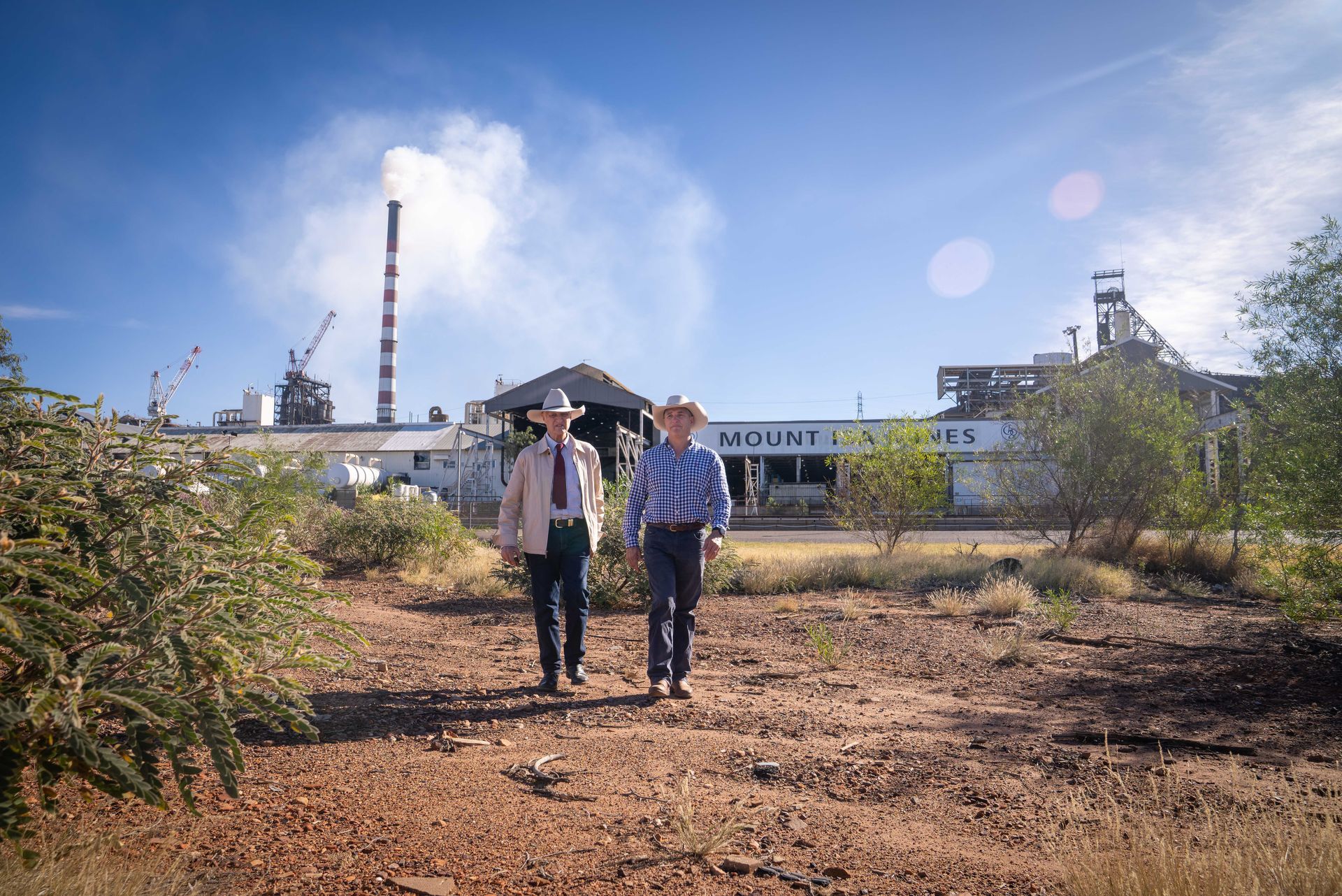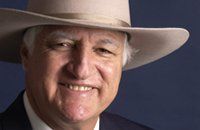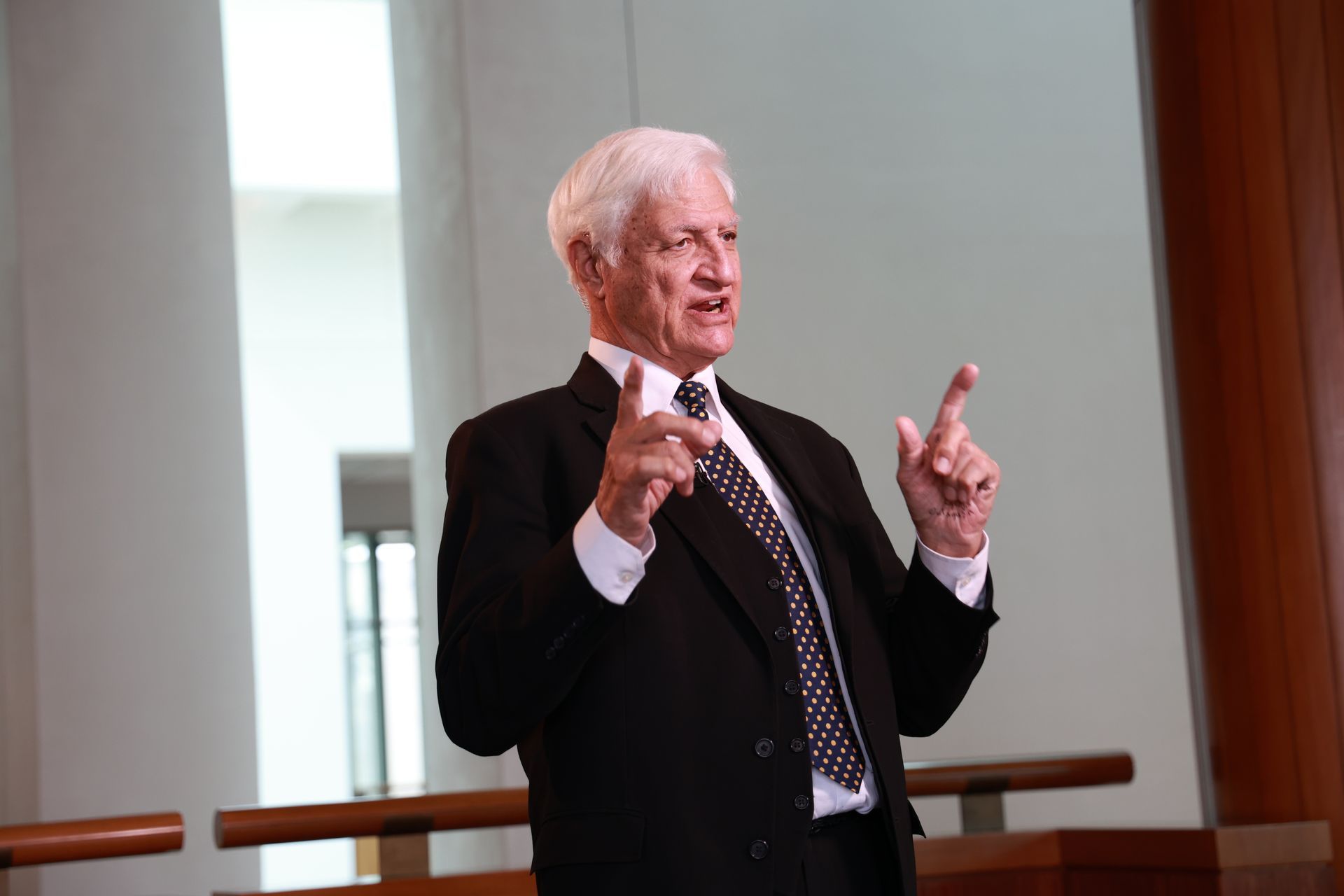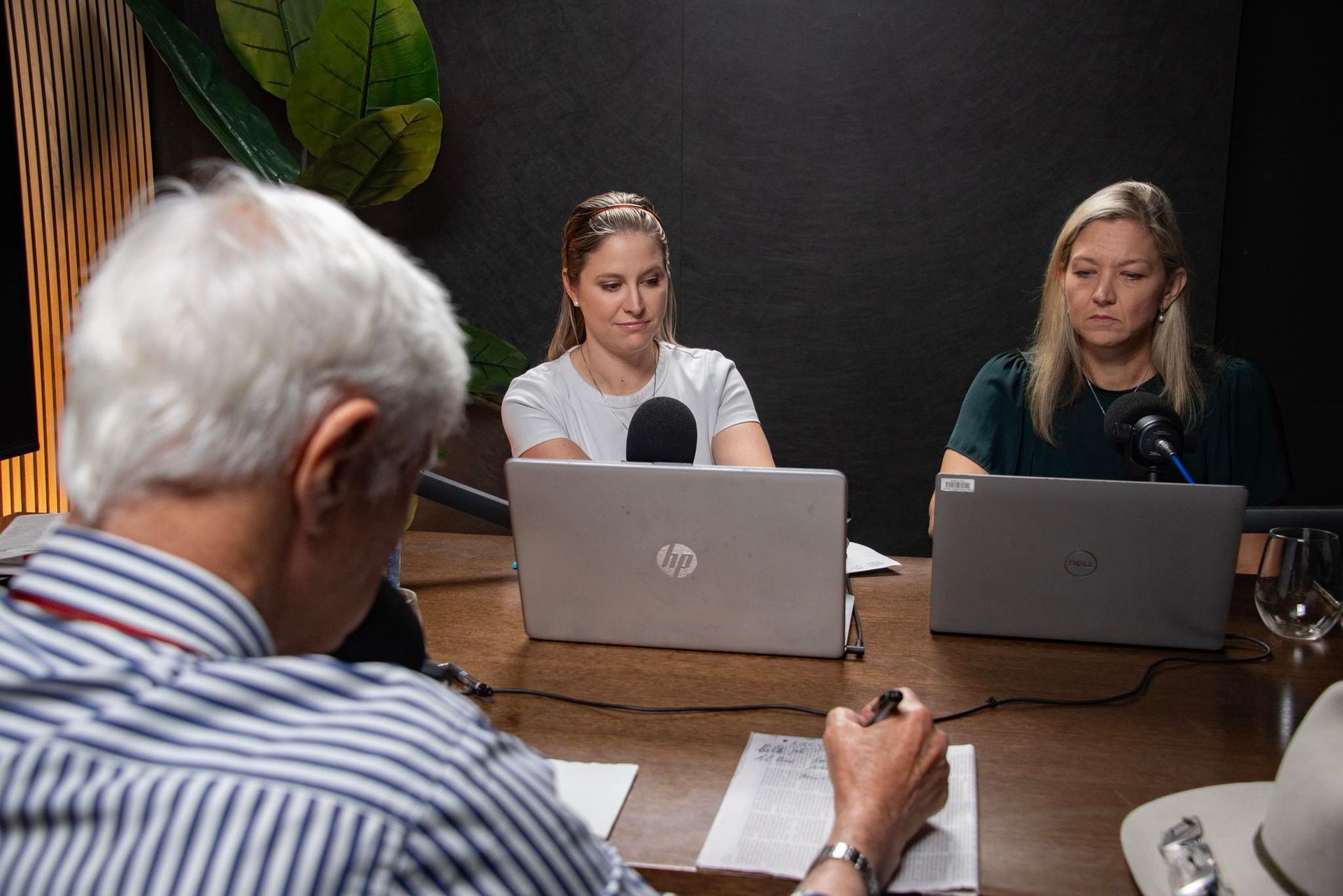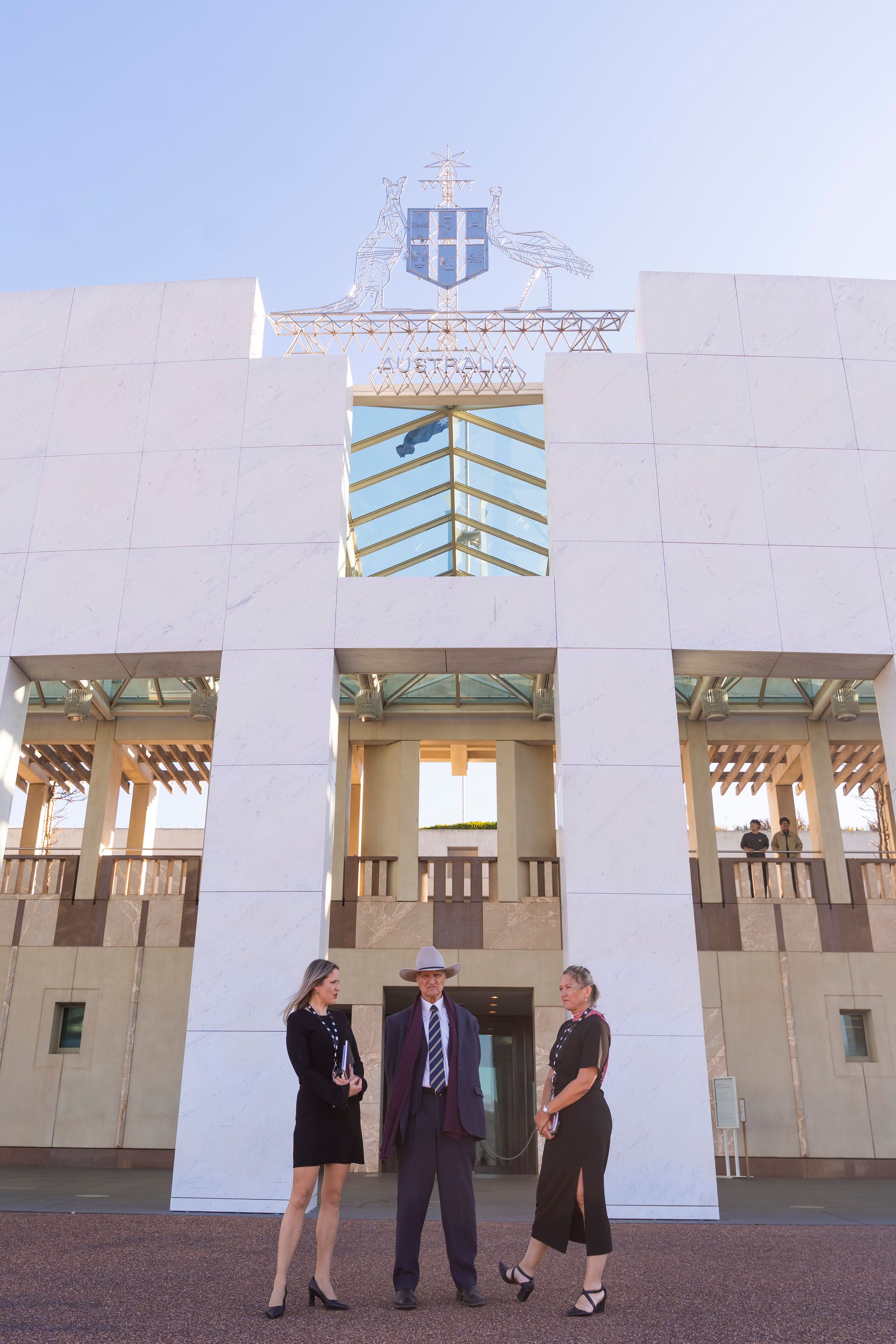Castle Law: Bob Katter calls for tougher crime measures
Growing Crime in North Queensland
Katter's advocacy comes against the backdrop of rising crime rates in places like Townsville.
He has been outspoken about the situation, particularly the failure of current political leadership to address the issue.
"Now, Townsville is represented by three Labor members who have been there for six years," Katter explains.
In his view, this long-standing representation has not translated into effective action on crime.
The situation is personal for Katter as well. He has close family members living in Townsville, including a relative who has been the victim of break-ins not once, but twice.
"A close relative of mine lives in Townsville. I board there. She's been broken into twice," Katter explains.
He also notes that Nick Dametto, a prominent figure in local politics and a member of the Queensland Parliament, has been similarly affected, having experienced multiple break-ins.
This shared experience, Katter suggests, led Dametto to champion the cause of Castle Law as a response to the growing problem of home invasions and burglary.
A Reality Check on Crime and Punishment
Katter's frustration is not limited to the lack of protective laws; it extends to the perceived ineffectiveness of the current justice system in dealing with offenders. "The Liberal leader came up here and said he's going to put them all in jail. Do the time, do the crime," Katter remarked.
While the idea of tougher penalties for criminals sounds appealing, Katter points out a critical issue: the shortage of available prison space.
"There's no jails to put them in. There's something like 300 people walking around that have been convicted and condemned to jail – that are not in jail."
This situation, Katter argues, is exacerbating the problem. Criminals are walking free, often committing multiple offenses, and the system seems unable to hold them accountable.
In response, Katter proposes a radical solution: a new approach to detention.
Rather than building more expensive and luxurious prisons, he suggests sending offenders to remote areas, such as Borroloola, a small town 1,000 kilometres from Townsville and Cairns.
"We're not going to build a big palatial jail for you," Katter said.
"You might just learn some life skills, and you might just find out that you enjoy the bush a bit."
KAP's solution involves relocating offenders to isolated areas where they would be required to live in basic conditions, without the option to escape.
He believes that this punishment could serve as both a deterrent and a way to rehabilitate offenders.
"You want to run away. There's no way to run to," Katter adds, emphasising the isolation and self-reliance that would be instilled in those sent to remote areas.
Bob Katter's comments reflect his frustration with the current political climate and the perceived failure of the justice system to keep communities safe. For Katter, Castle Law is not just about giving individuals the right to defend their homes, but about standing up for the rights of everyday Australians who feel increasingly vulnerable in the face of rising crime.
As crime rates continue to soar in places like Townsville, Katter's call for action is gaining traction. He advocates for stronger laws to protect individuals from intruders, but also recognises the need for broader reforms in the criminal justice system.
Katter is committed to ensuring that his constituents—and all Queenslanders—have the right to live without fear of crime, in their homes and communities.
Katter's message resonated with many who feel that the current system has failed to deliver real solutions to the growing crime problem. As debates about criminal justice reform continue to unfold, it is clear that the issues Katter has raised—self-defence, the effectiveness of the justice system, and the treatment of offenders—are likely to remain central to the national conversation.
ENDS
